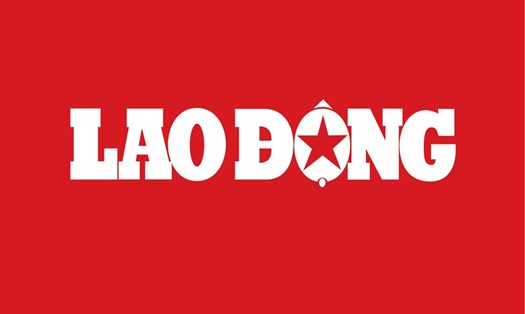Bloomberg reported that the administration of US President Joe Biden may target Russian crude oil exports and oil tankers.
Details about the new restrictions have not been finalized, but Washington is looking to target some of Russia's oil exports - Bloomberg quoted those familiar with the issue as saying.
Although the US has banned imports of Russian oil, President Joe Biden has not yet wanted to take further action against the country's crude oil, due to concerns about skyrocketing energy costs.
However, with oil prices falling amid expected surpluses next year and uncertainty about Donald Trump's commitment to continuing to support Ukraine, the White House may take harsher measures, Bloomberg noted.
The call for new sanctions is part of the US administration's failed moves to strengthen measures against Russia before President Biden's term ends.
According to TASS, Russian Deputy Prime Minister Alexander Novak said that despite efforts to paralyze the Russian economy, the Russian economy is expected to grow by 3.9% this year.
One of the measures the US could use to punish Russian oil exports is to punish buyers of the product. Bloomberg warned that such a move would bring significant risks, as powers like India and China are leading customers of Russia, and such restrictions could also cause a spike in global oil prices.
The sanctions will also target the Russian tanker fleet, often described by the West as a "shadow fleet", and could be announced in the coming weeks.
Western governments have introduced price ceilings, along with sanctions on Russian seaborne crude oil, aimed at harming the country's economy while maintaining the flow of Russian crude oil into the global market to avoid price increases.
The EU has also adopted a 15th package of sanctions targeting the so-called "shadow fleet".
Sanctions against Russia over the Ukrainian conflict were imposed in December 2022, followed by similar restrictions on Russian oil exports in February 2023.
The measures prohibit Western companies from providing insurance and other services for Russian crude oil shipments unless they are purchased at $60 a barrel or less.
In response, Moscow banned Russian businesses from complying with the price cap and redirected most of its oil exports to Asia, especially India and China.







